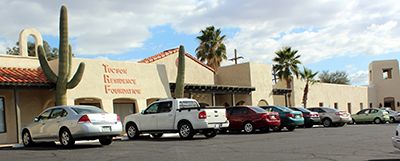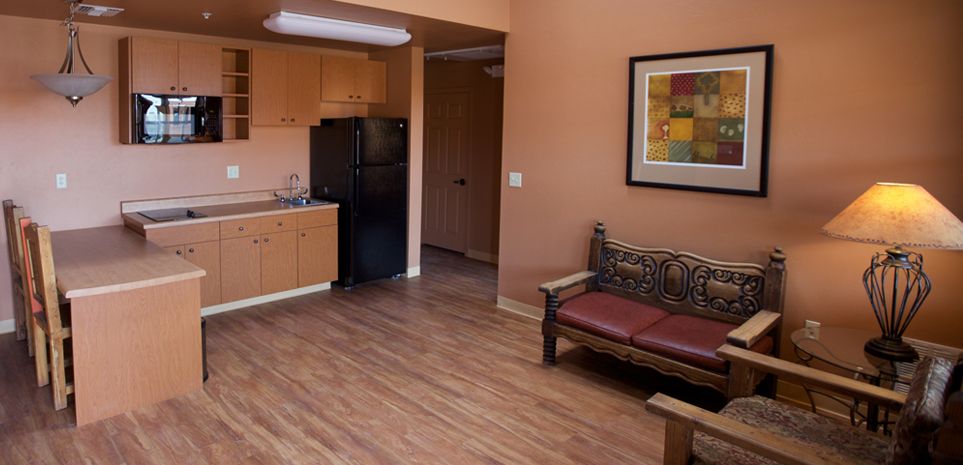Across the city of Tucson, Arizona exist numerous types of supportive housing options which range from homeless and transitional housing, low income and affordable housing to supportive housing for individuals with disabilities. These services are often made possible with the assistance of state and federal subsidies and through non-private type assistance. They provide a crucial life-line to those in need, offering them a permanent and stable living environment.
Tucson's continuous effort to combat homelessness has given birth to several organizations that offer transitionary housing. Programs like Primavera Foundation provide safe shelter, affordable housing resources, rehabilitation services and supportive services to individuals transitioning out of homelessness and poverty. Federal assistance programs, such as the Homeless Assistance Grant administered by the Department of Housing and Urban Development (HUD), also provide funds to support these endeavors.
For those struggling with financial constraints, many low-income and affordable housing options are available throughout Tucson. The City of Tucson and Pima County operate several affordable housing programs that allow low-income families, veterans and the elderly to live in safe, decent and affordable homes. Federal grants, such as the Low-Income Home Energy Assistance Program (LIHEAP) and the Section 8 Housing Choice Voucher (HCV) program, provide financial assistance to eligible individuals and families for their housing needs. Section 8, in particular, is instrumental in providing rental assistance to lower-income residents, allowing them to afford decent, safe, and sanitary housing in the private market.
Tucson also includes housing support for individuals with disabilities. These include provisions to ensure the availability of suitable affordable housing options for individuals with disabilities. For example, the Pima County Housing Center collaborates with a number of agencies to provide housing spaces specifically designed to accommodate varying disabilities, such as physical or developmental disabilities. It's also worthy to note the assistance from federal initiatives, like the HUD 202 program, which offers rental assistance for seniors and the HUD 811 program for people with disabilities. The 811 program, for instance, provides funding to develop and subsidize rental housing with the availability of supportive services for very low- and extremely low-income adults with disabilities.
Several non-profit organizations also extend essential services that enable access to supportive housing in Tucson. Community organizations such as Habitat for Humanity Tucson and Catholic Community Services of Southern Arizona offer various forms of support including homebuilding and repair, housing rehabilitation, and supportive services for low-income families and individuals. Notably, these organizations leverage their alliance with volunteers, community partnerships, and local donations to provide housing solutions that are both cost-effective and impactful.
The supportive housing options in Tucson are designed to cater to the different needs and circumstances of the population. Whether one is dealing with homelessness, financial constraints or living with disabilities, various state, federal, and non-profit assistance are there to ensure that no one is left without adequate supportive housing in Tucson, Arizona.

